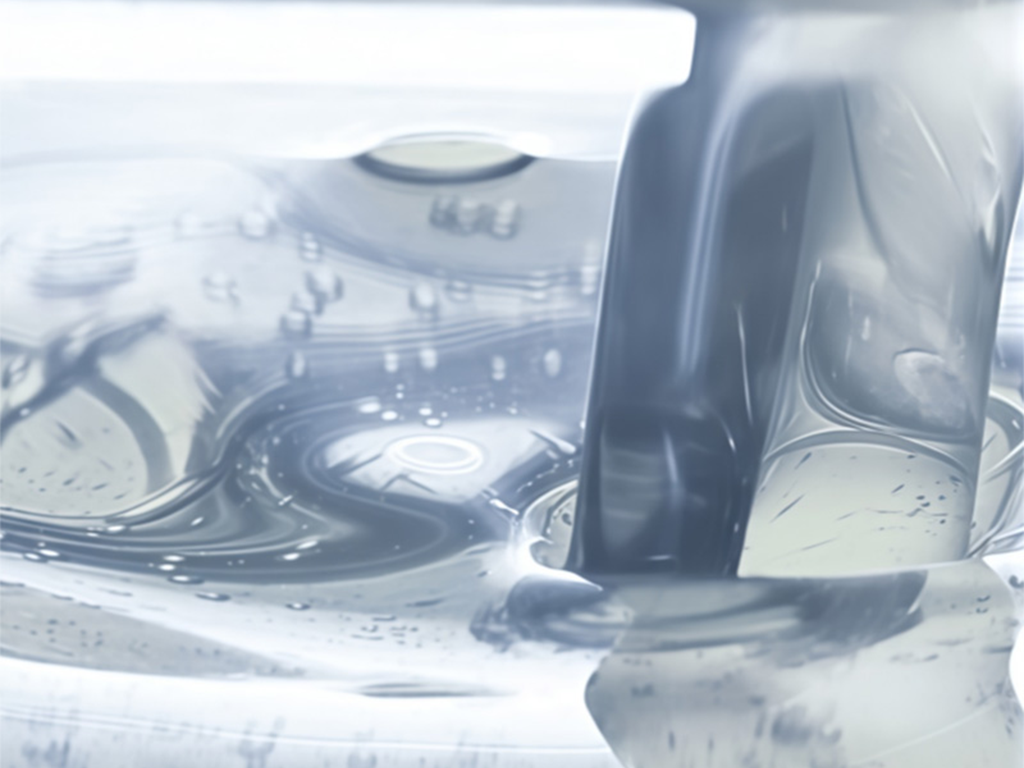As propriedades mecânicas dos polímeros acrílicos — incluindo resistência à tração, alongamento na ruptura, flexibilidade e resistência ao impacto — determinam seu desempenho em aplicações que variam desde adesivos até materiais estruturais, e são ajustadas por meio da seleção de monômeros e das condições de polimerização. A resistência à tração, que é a tensão máxima que um polímero pode suportar antes de se romper, é influenciada por monômeros rígidos como o metacrilato de metila, que aumentam a rigidez das cadeias. O alongamento na ruptura, uma medida de flexibilidade, é melhorado por monômeros moles como o acrilato de 2-etil-hexila, que reduzem a temperatura de transição vítrea (Tg) do polímero e permitem maior deformação sob tensão. A flexibilidade é fundamental para aplicações como filmes de embalagem ou revestimentos que precisam dobrar sem rachar, enquanto a resistência ao impacto — melhorada pela incorporação de monômeros elásticos ou pelo uso de técnicas de polimerização tipo core-shell — garante durabilidade em aplicações de alta tensão, como peças automotivas. A resistência adesiva, uma propriedade mecânica essencial em adesivos, é otimizada equilibrando a resistência coesiva (proveniente de monômeros rígidos) e a resistência adesiva (proveniente de monômeros polares como o ácido acrílico). A dureza, medida por escalas Shore ou Rockwell, varia conforme a composição do monômero: níveis mais altos de metacrilato de metila produzem polímeros mais rígidos para plásticos estruturais, enquanto quantidades maiores de acrilato de 2-etil-hexila geram polímeros mais moles e elásticos, usados em juntas de vedação ou gaxetas. A E Plus Chemical Co., Ltd. ajusta essas propriedades por meio de sua tecnologia de polimerização catalítica, controlando a distribuição do peso molecular e a densidade de reticulação para obter perfis mecânicos específicos. Os testes, incluindo ensaios de tração, resistência ao impacto e análise mecânica dinâmica (DMA), garantem que os polímeros atendam aos requisitos das aplicações, sejam para adesivos industriais de alta resistência ou fitas médicas flexíveis.
